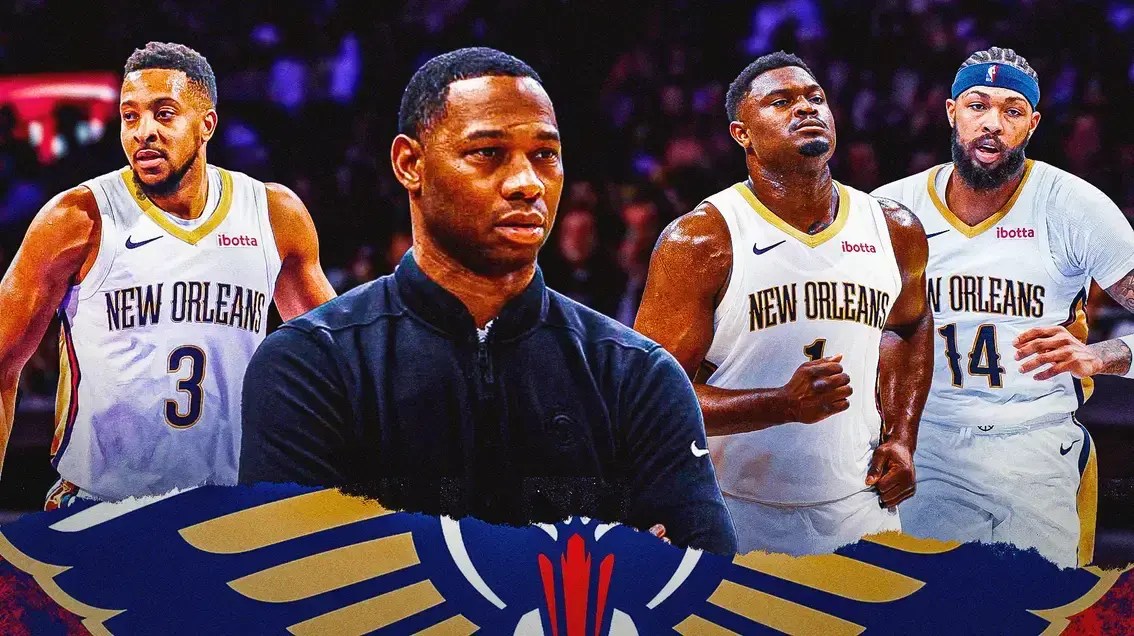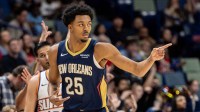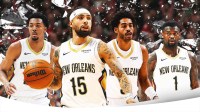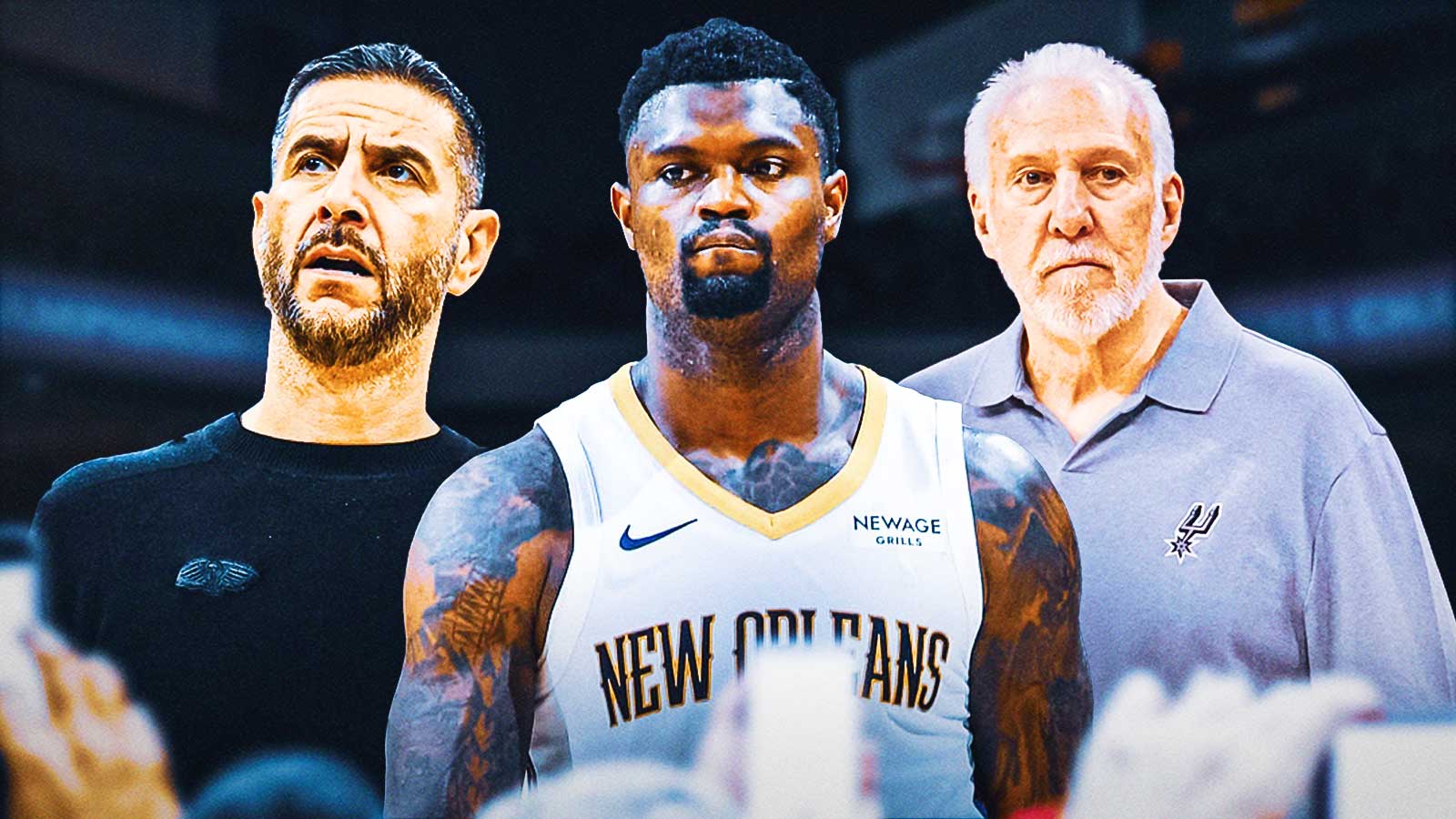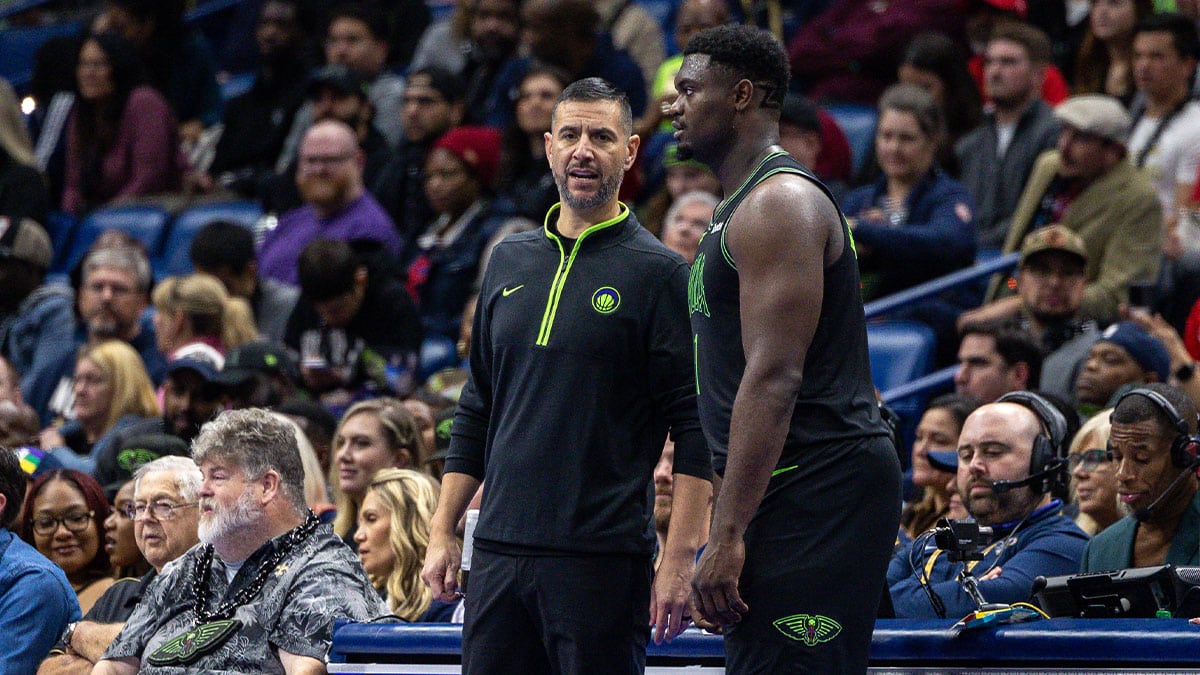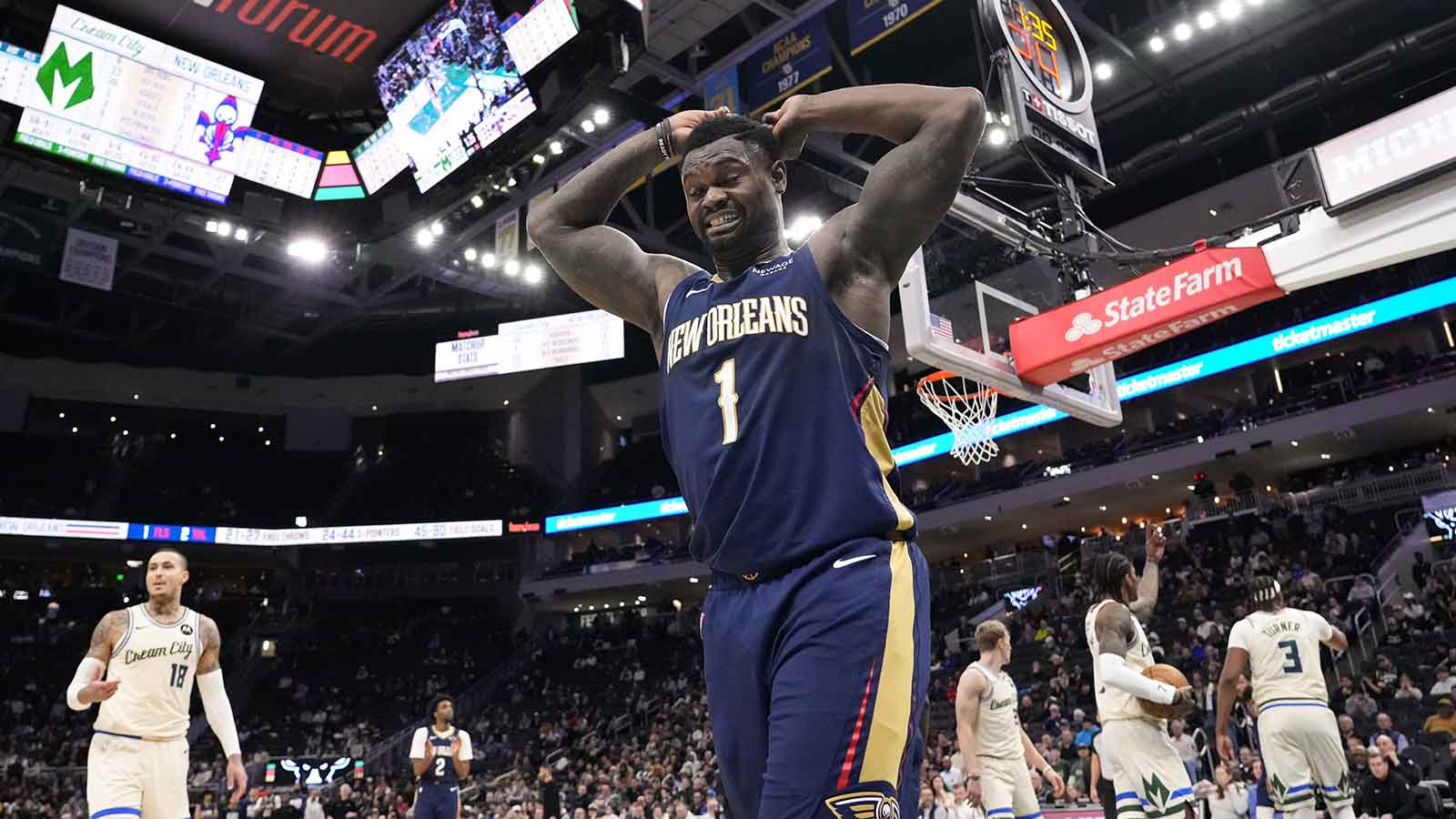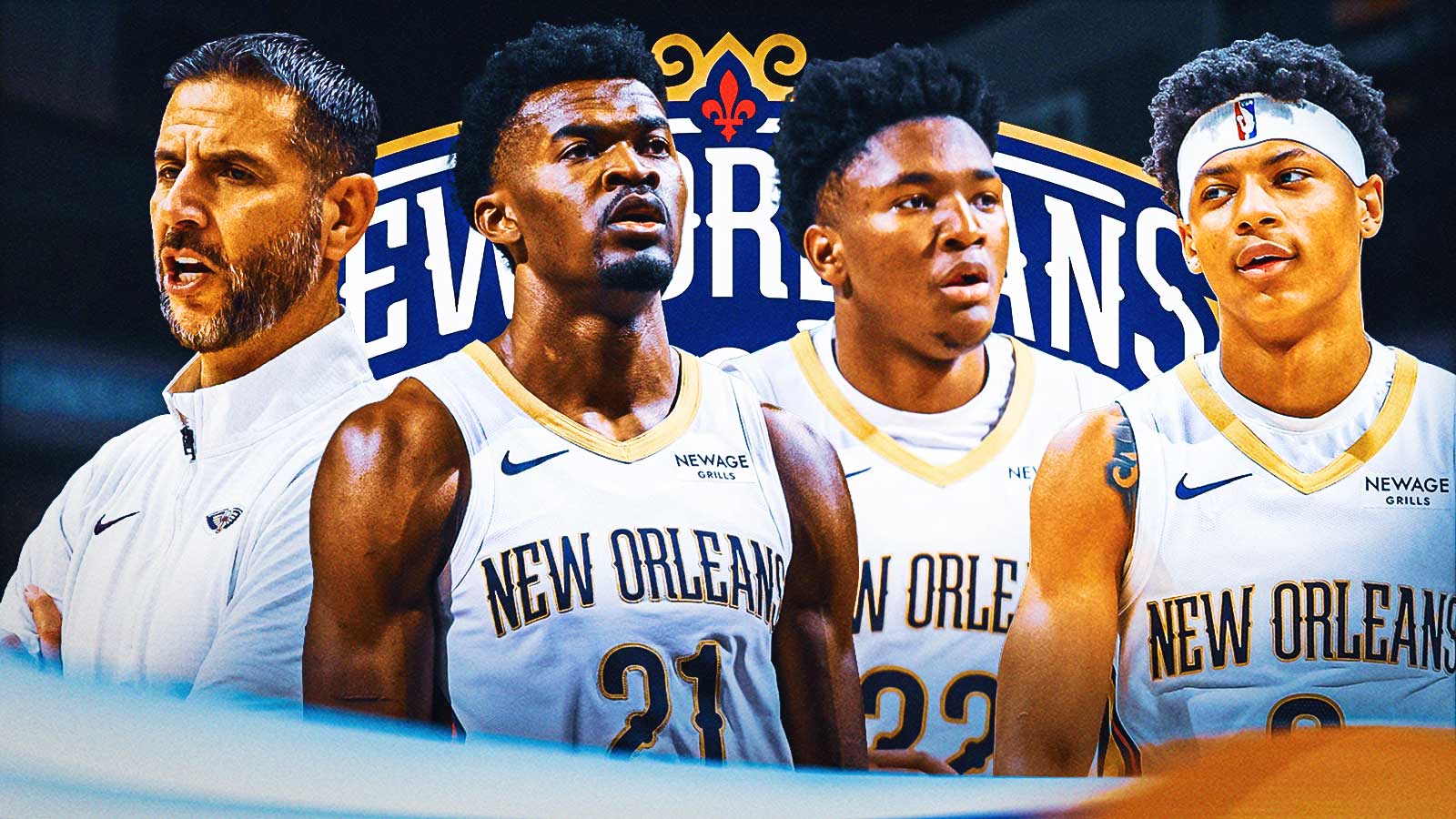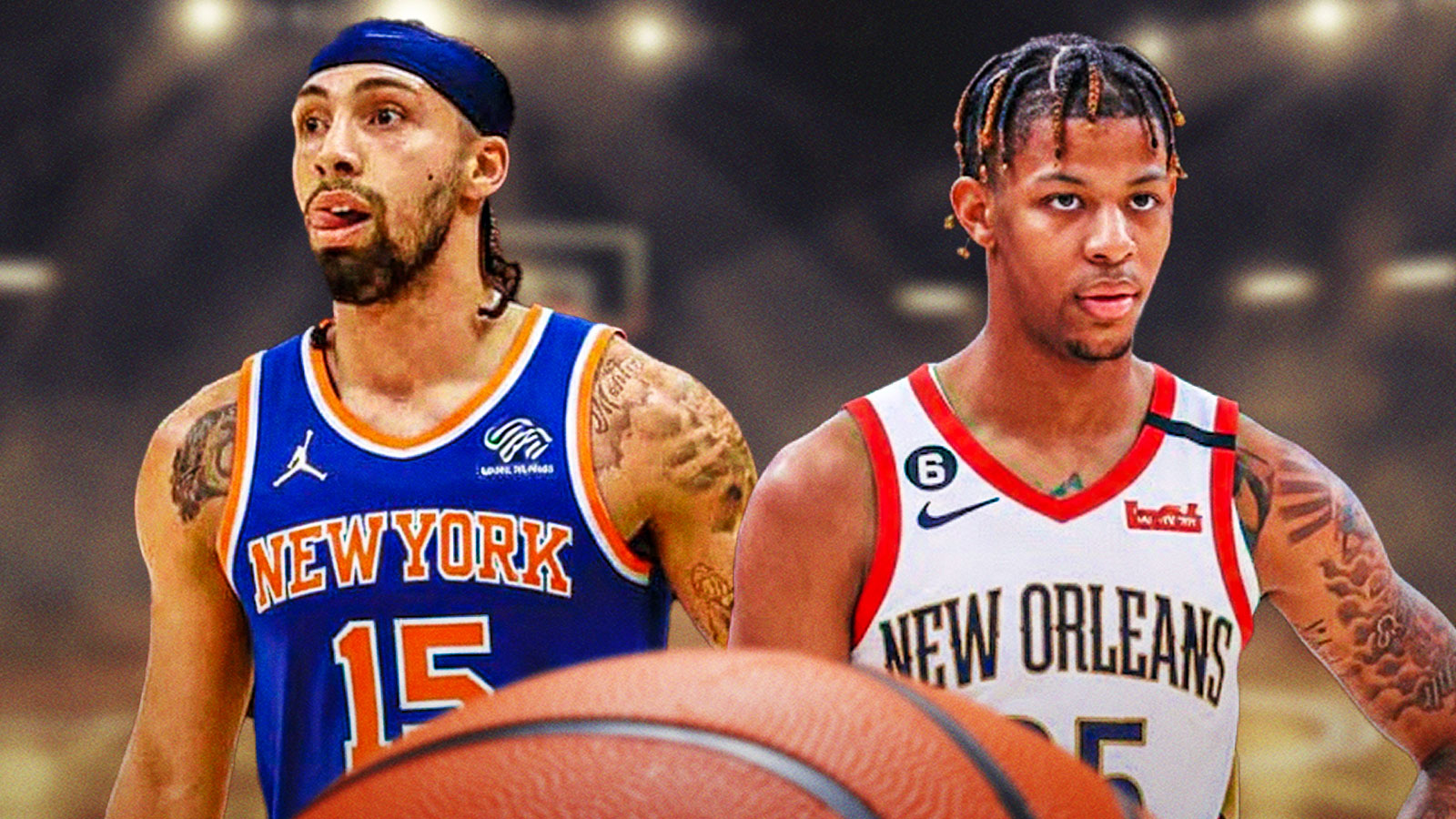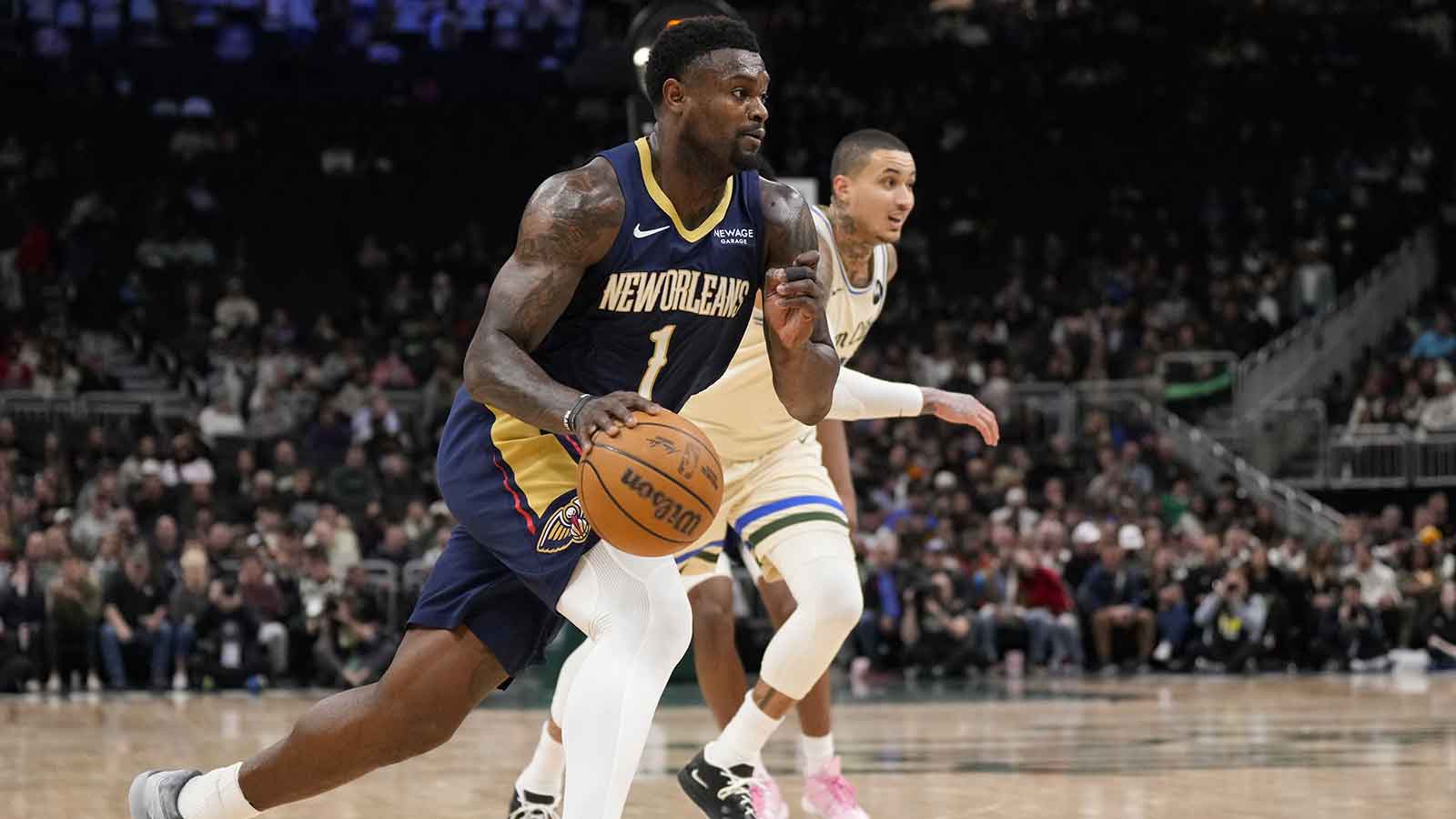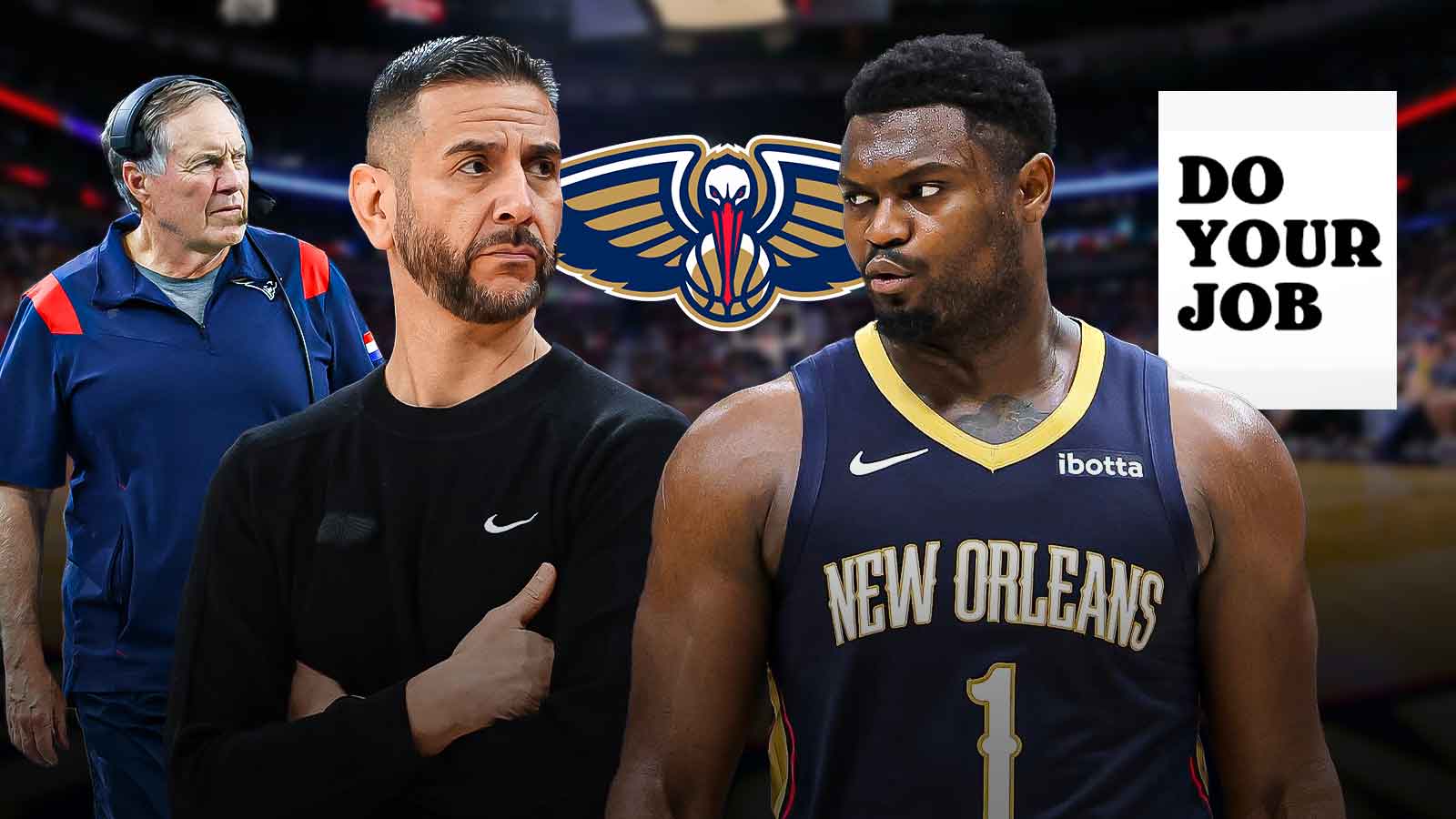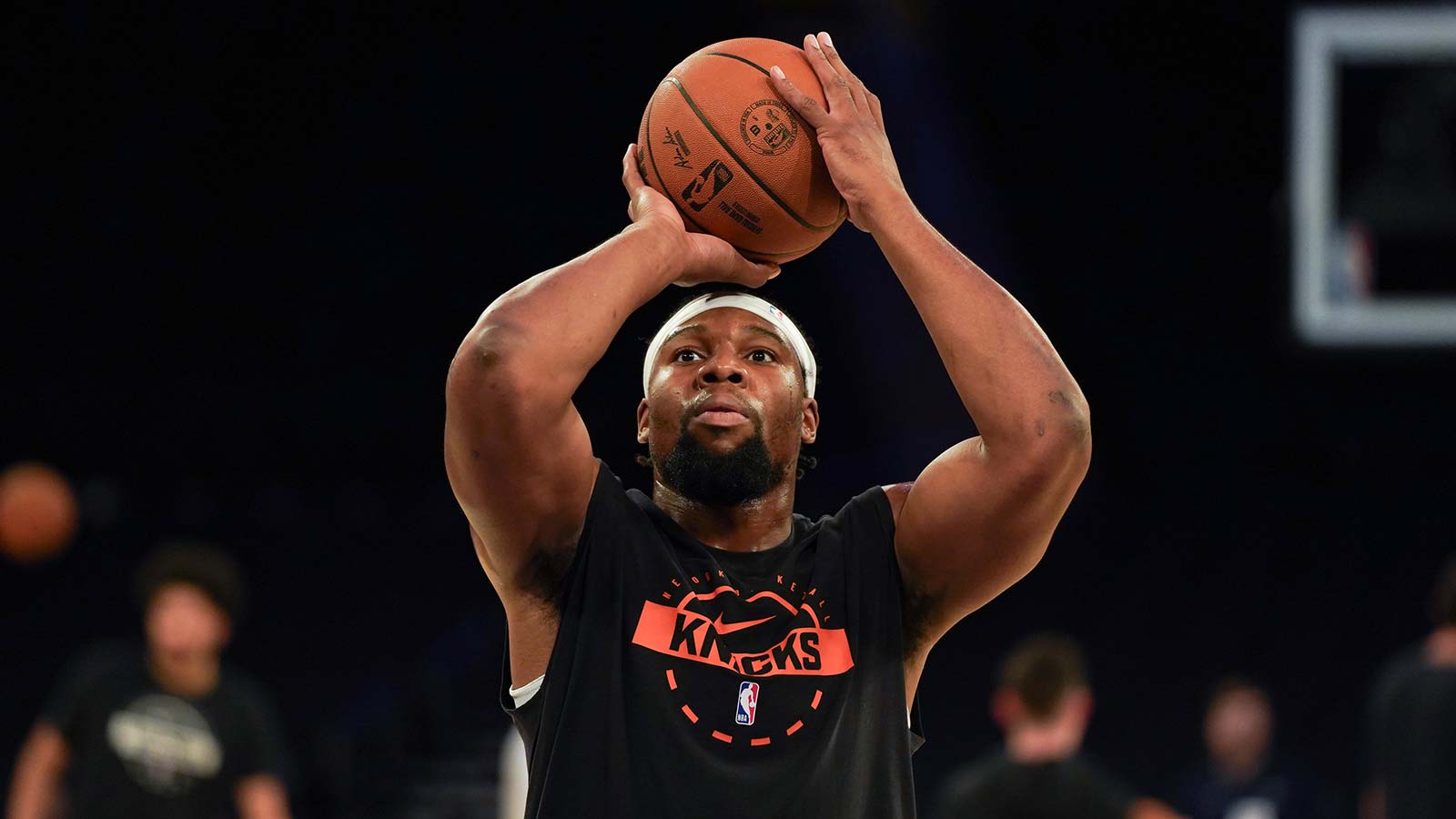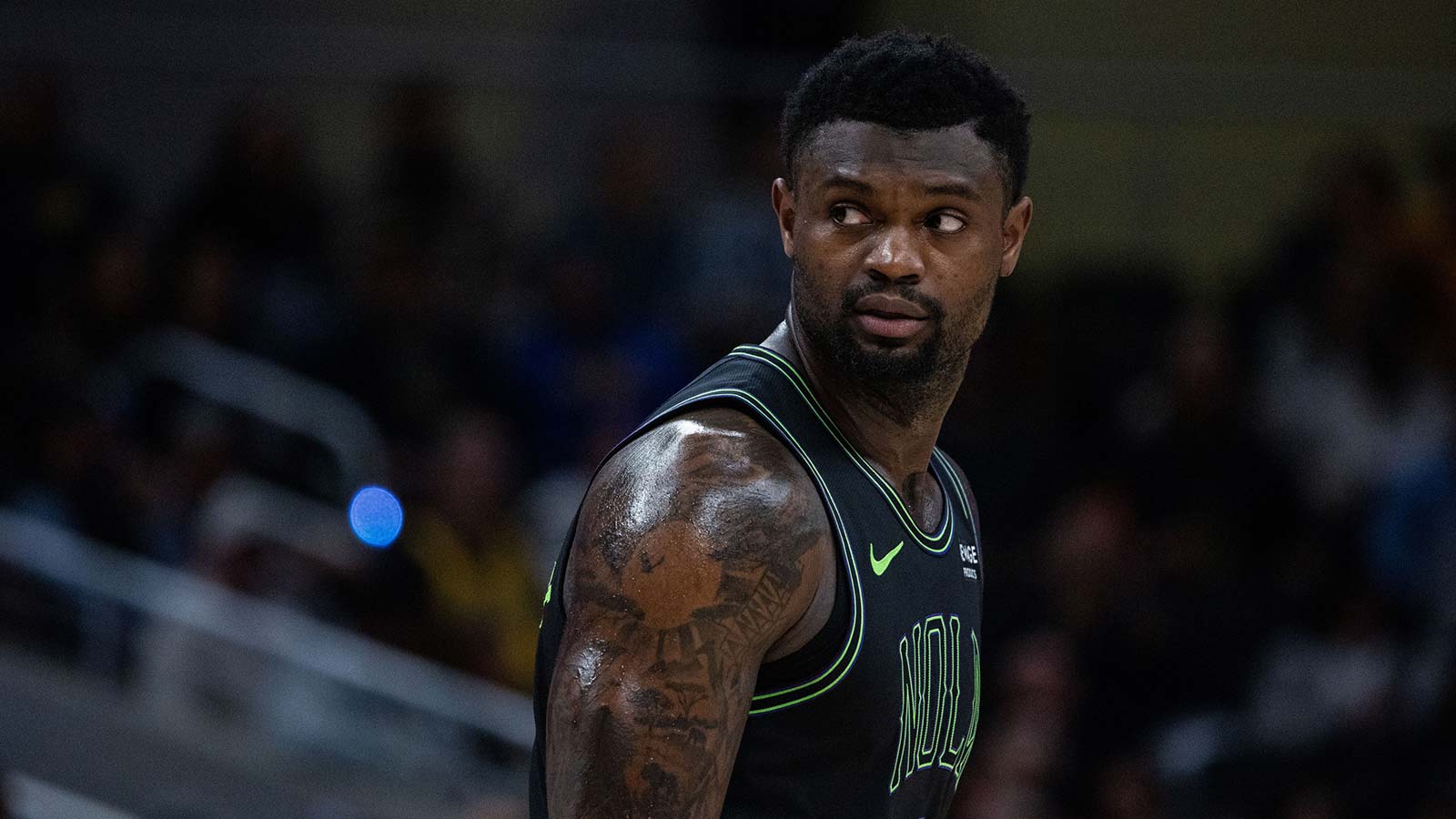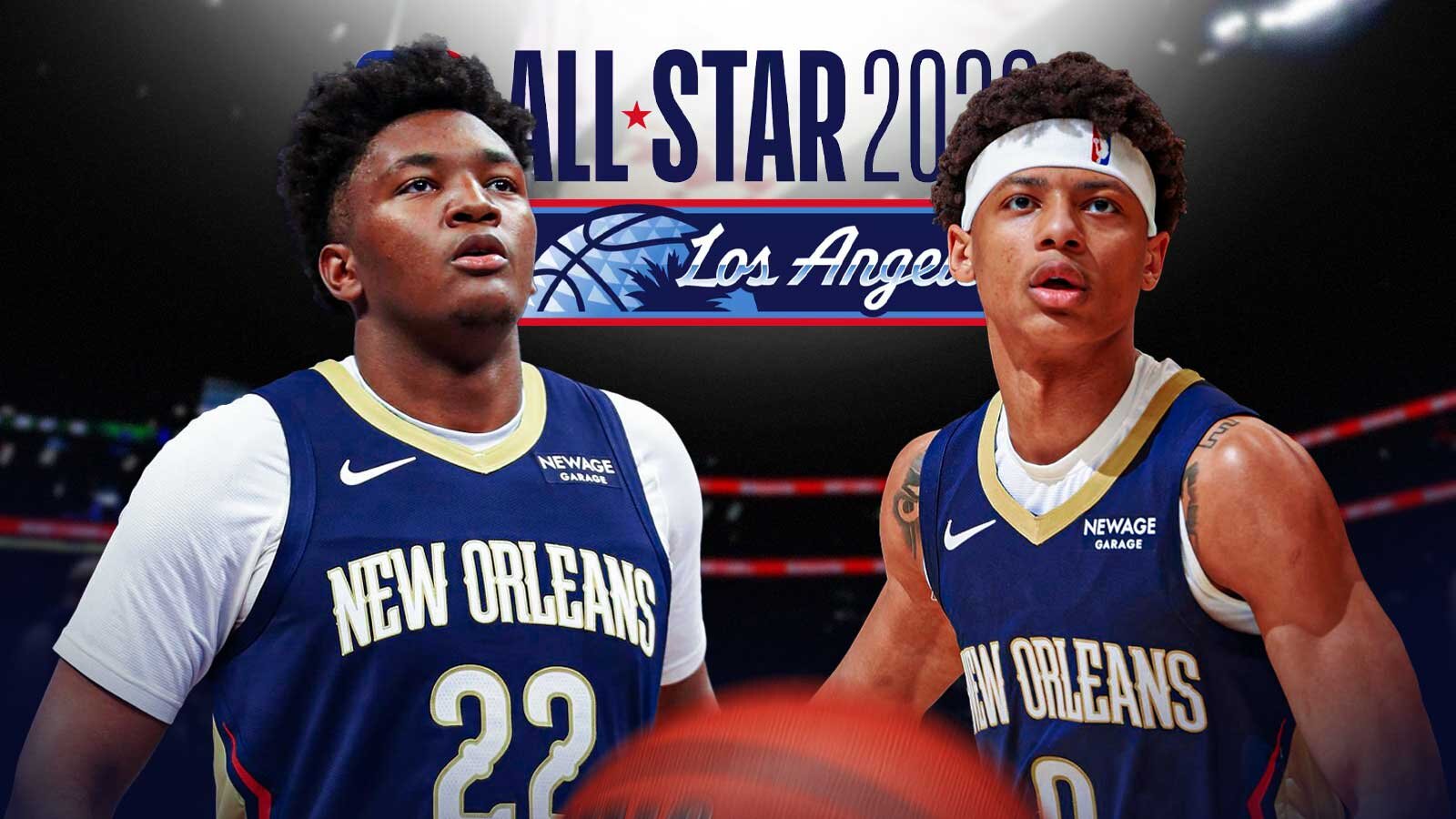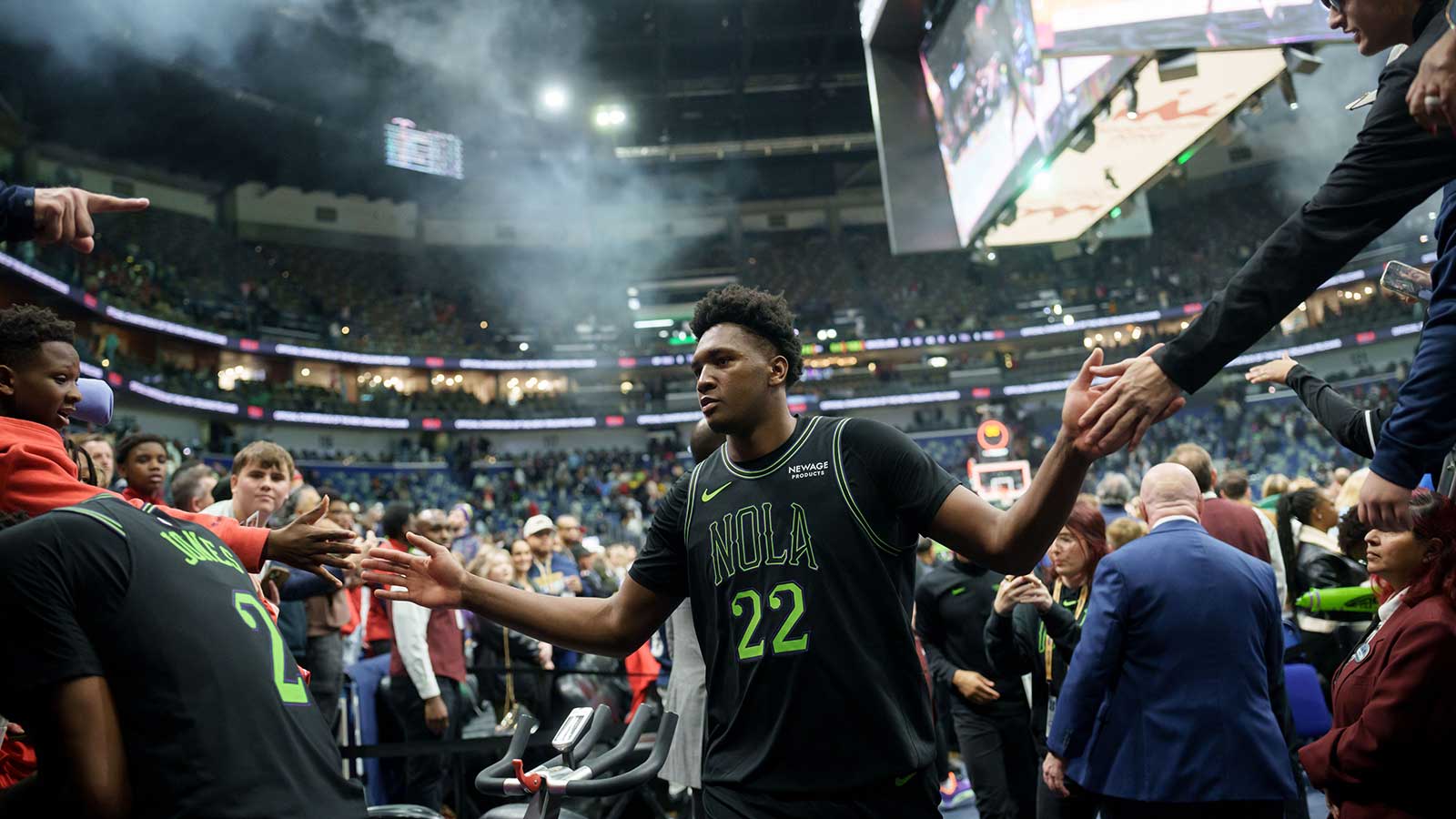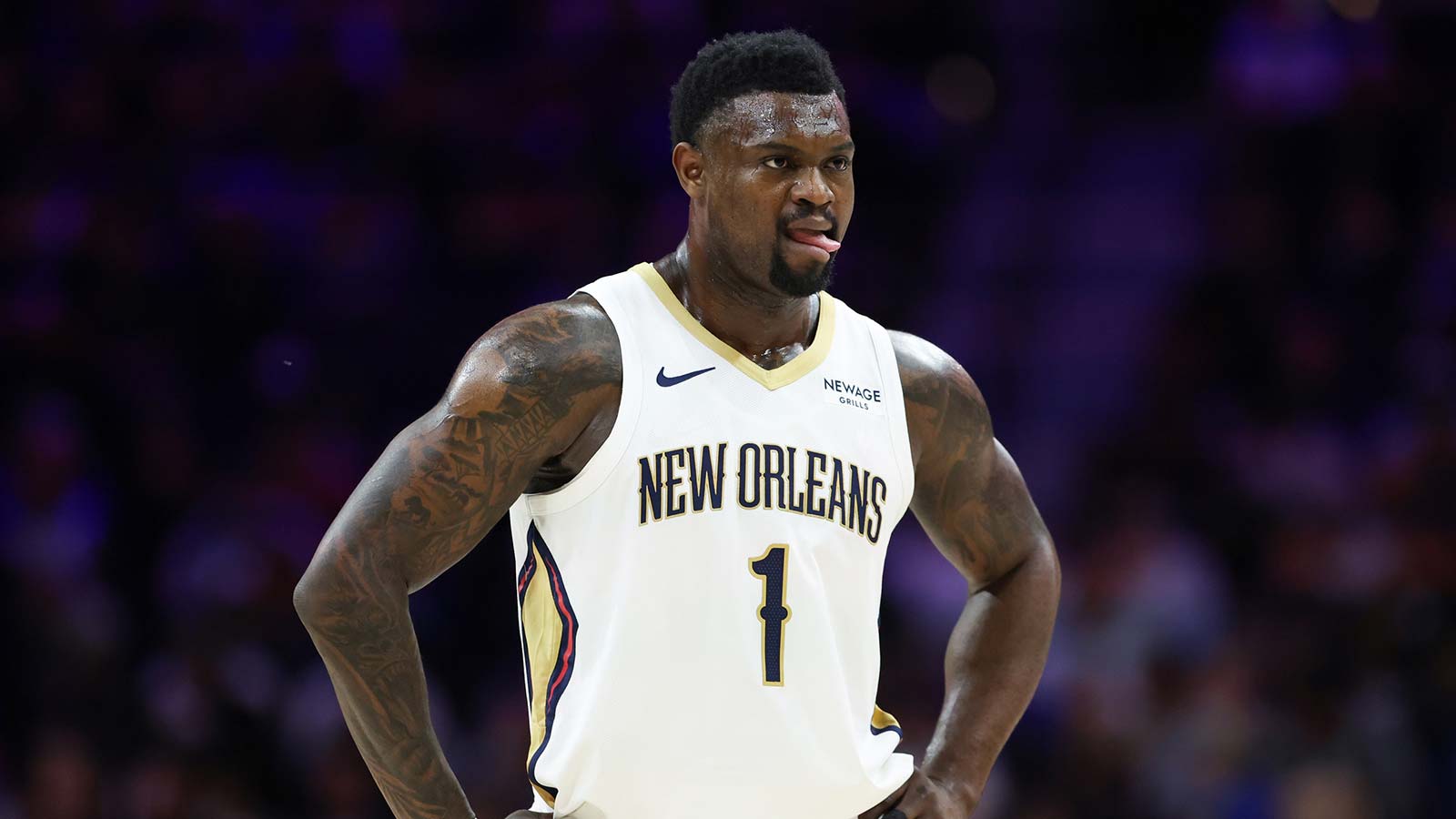Third-year head coach Willie Green is admittedly still getting used to some of the on-job adjustments. It's not a slight to a coach in their first lead chair position, just a part of the ongoing evaluation process for the New Orleans Pelicans. However, there is one area that needs attention. Green is not getting the most out of timeout breaks or coach's challenge opportunities. In fact, clutch time clock management has been an issue leading directly to losses.
Green's challenges are not changing the game
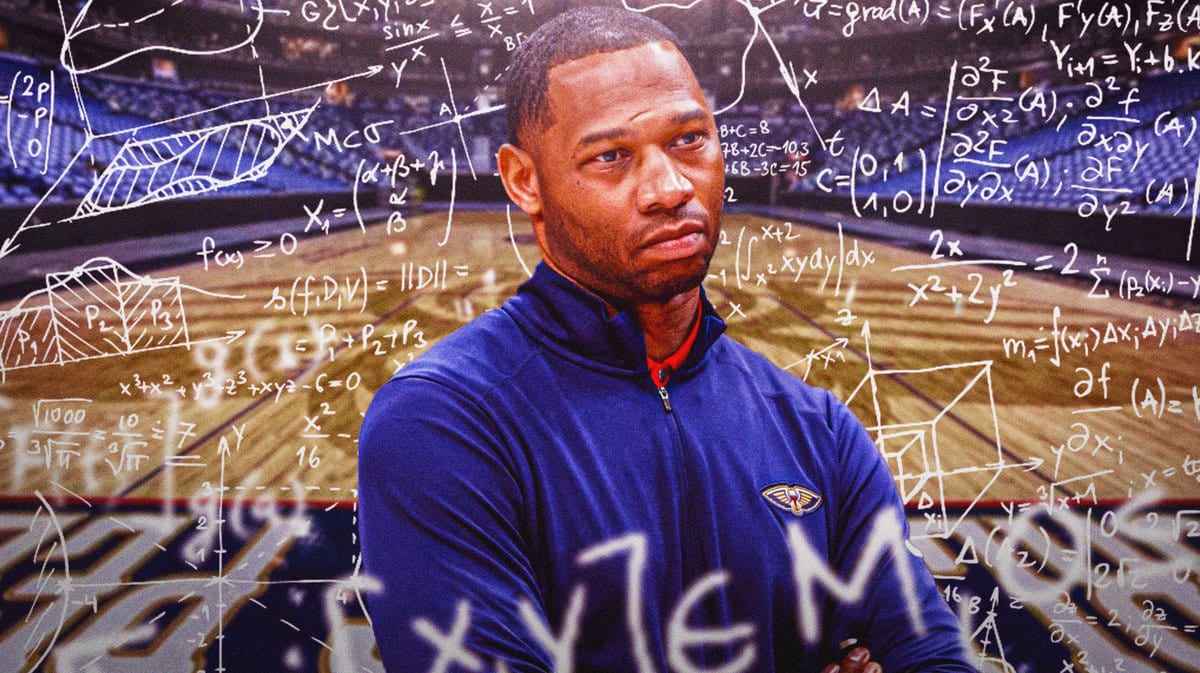
Pelicans head coach Willie Green is just not getting much value from the coach's challenge option. First, Green uses it less frequently than every other coach. His success rate in getting a favorable overturn is sixth-worst. His challenges rarely work to change the game or the referee's mind. Getting denied 60% of the time would be slightly demoralizing for any group of people trying to get a job done.
The league-wide overturn rate on called fouls is 49%, a coin flip basically. Out-of-bounds challenges are overturned over 70% of the time. Goaltending/basket interference disagreements are changed at an above 60% rate. It's better to challenge a call in the first three quarters (over 60% success rate) than the fourth quarter (42.8%) or overtime (33%).
Green's first challenge was with 3:50 left in the fourth quarter against the Memphis Grizzlies in the season opener. The next was with just over seven minutes left in Atlanta, which was again unsuccessful. A third-straight denial to open the season came with 8:04 left in an eventual three-point road loss to the Houston Rockets. The Pelicans had their first four challenges brushed aside. Their fifth was successful, a fourth-quarter prayer with three minutes to go in a five-point road loss versus the Utah Jazz.
ATOs turning into nothing for the Pelicans
Green's decisions in close games are getting put under the microscope more often this year. It is a make-or-break season of sorts since the roster is about to get very expensive. Clutch time plays drawn up in the huddle have to be on point and the best lineups have to be deployed. That has not been the case so far and some fundamental issues have been obvious for more than the last 28 games.
Inbounding the ball was an issue last season, even playing a big part in the NBA Play-In Tournament defeat at home to the Oklahoma City Thunder. Getting higher percentage shot opportunities for the team's most lethal snipers was supposed to be a priority going forward as well. Those issues were part of the reasoning behind the hiring of offensive-minded associate head coach James Borrego this summer. Unfortunately, the Pelicans have regressed in some areas.
Green said after watching Ja Morant's game-winner, “…It’s the little things, the things we talk about every day that we didn’t do. They had 17 second-chance points in a two-point game. That is a big difference, 17 to 8. We have to finish possessions, we have to get stops…”
There's something left unsaid about those possessions though. Against Memphis, Zion Williamson shot four free throws but Jaren Jackson Jr. got to the line for 15 charity stripe shots. Williamson has to be more assertive but Green has to put the All-Star in a position to attack the paint and get favorable whistles late in the game. The coaching staff definitely is not prioritizing the three-point shot in close contests.
The Pelicans are dead last in three-pointers attempted in clutch minutes. Their 22.8% rate of ending possessions with a three-pointer is a full 5% lower than the 29th-ranked team. Only 11% of their clutch points come from beyond the arc, another dead-last mark against Green's squad. Some nights end with Trey Murphy just watching from the sidelines even though New Orleans needs the space to operate.
All-Stars still shedding midrange isolation identity
Instead, there is a bit too much isolation ball. New Orleans is 20th in assisted points in clutch moments so Brandon Ingram and CJ McCollum's midrange game is getting tested late. The Pelicans are second in percentage of clutch time points coming from 10-20 feet. The defense is lacking though. The Pelicans are third-worst in points off of turnovers in close games.
That's not the identity Green was looking to establish this season. Something needs to change with the challenge decisions, timeout communication, and late game playcalling though. The Pelicans cannot continue with the same approach that has them dropping double-digit leads and walking out of the arena with another loss.
The Pelicans are ready to contend now but are still relatively young, including Green. The NBA's fifth-youngest coach is still learning how to bleed out wins. New Orleans (17-12) has eight blown double-digit leads in the first 28 games, meaning they've led by at least ten in 66% of their losses. Winning in just half of those situations would have put the team in a tie for the best record in the league.

